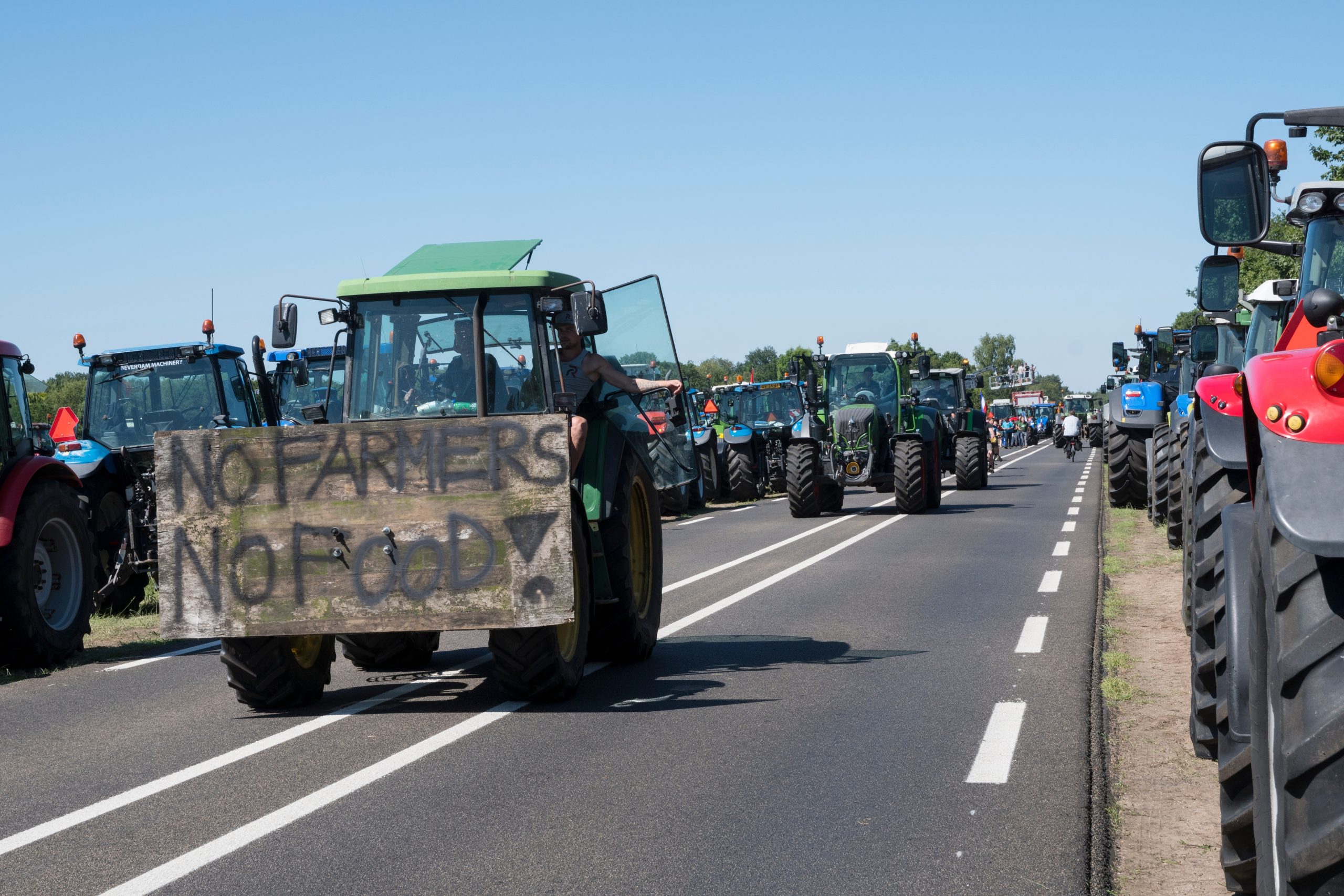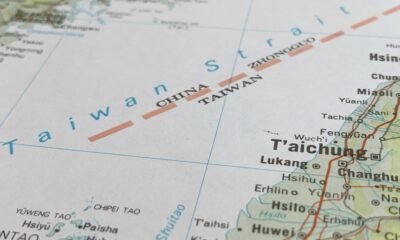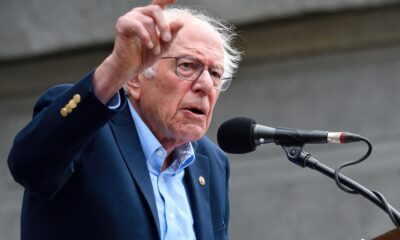Dutch Farmers’ Protest Party Achieves Major Election Victory

The Farmer-Citizen Movement party in the Netherlands, known as the BoerBurgerBeweging (BBB) movement, has won a major victory in the country’s elections — winning even more seats in the Dutch Senate than expected.
While the globalist coalition government faced heavy losses, the anti-Great Reset and pro-farmer BBB party saw huge gains. The BBB movement was founded to represent the interests of Dutch farmers, who have been suffering because of their government’s embrace of climate change policies.
Prime Minister Mark Rutte has been trying to implement European Union-mandated curbs on the use of nitrogen fertilizers in an attempt to push the climate change agenda. This has led to Dutch farmers facing severe difficulties or even having their farms closed down altogether.
More than 10,000 farmers recently gathered to protest the Dutch government’s plans to cut nitrogen emissions in half by 2030. This policy, prompted by the government’s embrace of climate alarmism, led to Dutch officials trying to cap “emissions of nitrogen oxides from farm animal manure and… ammonia in fertilizer” — a policy that they plan to implement over the next year by closing up to 3,000 farms located near what they have deemed “environmentally sensitive areas.”
While the BBB was originally a protest movement, it became a political force in the Netherlands’ recent regional elections for the first time — which also determines the make-up of the First Chamber of the States General, essentially the upper chamber of the Dutch legislature.
The Farmer-Citizens Movement was such a success that it received far more votes than polls initially suggested, and is now going to claim 17 seats in the Senate and become by far the largest party in the chamber, according to pro-farmer campaigner Eva Vlaardingerbroek.
In comparison, the globalist coalition government saw greater losses than expected.
Breitbart News reports: “The precarious four-party coalition government of the supposedly ‘centre-right’ Prime Minister Mark Rutte, meanwhile, appears to have suffered somewhat worse losses than expected, with Vlaardingerbroek suggesting they will be unable to achieve a majority even with the support of the Labour Party and the Greens.”
Vlaardingerbroek previously alleged that the Netherlands is being used as a “pilot” for a broader globalist agenda, arguing that the prime minister is “very deeply involved in the World Economic Forum [and] a great proponent of all the ideas laid out in the 2030 Agenda and the Great Reset.”
“It’s all related, all these policies are out of those institutions and they are being implemented in our country first, we are sort of the pilot country together with Canada for this agenda,” she added, referencing the impact of the government’s actions on farmers targeted by the EU’s Natura 2000 scheme — many of whom have been tending their land and livestock for generations, but are now facing being forced out of business by their own government.
Despite their victory, the Dutch farmers are looking at a long road toward fixing the problems causing their suffering.
According to Breitbart News, “Regardless of the unease on the government benches, however, Dutch politics will not change overnight, given the somewhat labyrinthine mechanism by which the composition of the Dutch Senate is decided.”
“The Senate’s makeup is determined indirectly by the elections for regional governments — the States-Provincial — whose members then select Senators with the assistance of four electoral colleges representing former Dutch colonies in the Caribbean and Dutch expatriates,” the outlet added.
Similar to U.S. presidential elections, there is a delay between the election and the will of the people being implemented by their elected representatives.
Nonetheless, 99% of the vote has been counted in the provincial elections — and Breitbart notes that “the seat projections for the formal appointment process for Senators — scheduled for May — are now near-certain to hold true.”
























